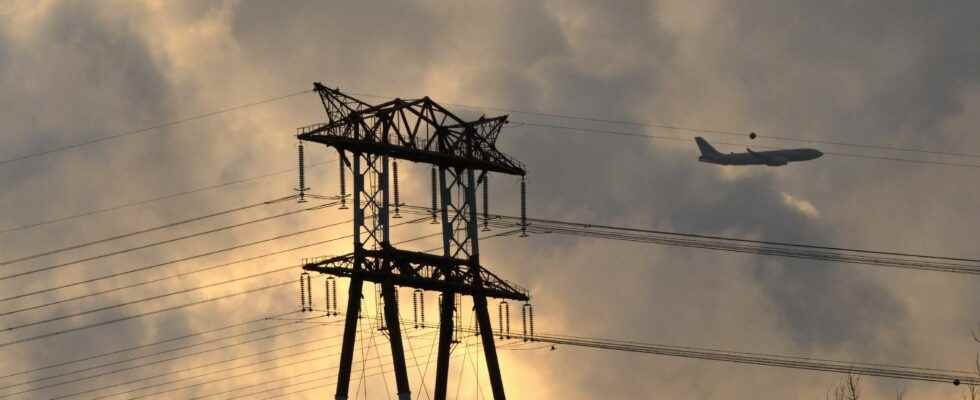The war launched by Russia against Ukraine on February 24, 2022 challenged Europe to emerge from the massive dependence on Russian hydrocarbons that it had built up, and even accentuated after Maidan. A year later, the European Union can pride itself on having won the energy decoupling battle with Russia. But it is at the cost of a profound destabilization of its economy. The recently published figures for the Union’s trade deficit reflect the magnitude of the shock: the trade surplus of 116 billion euros in 2021 has turned, in 2022, into a deficit of 314 billion euros, mainly attributable energy imports. Yes, the Old Continent has been able to diversify its supplies, particularly gas, but this diversification comes at a high price: its economy is weighed down by energy prices three times higher than those paid by American companies. And compared to Asian competitors, our rates are twice as high.
While the Ukrainian conflict is set to last, the European Union must now engage in a second battle: reduce this unsustainable competitiveness differential in the medium term by lowering its energy costs. Because the strategy of the shield put in place by governments in order to cushion the energy shock on households and businesses is not sustainable: even rich Europe cannot spend each year… 680 billion euros – that is the cost protective measures for 2022! This strategy is all the less sustainable as the Inflation Reduction Act complicates the deal by further strengthening the competitiveness of American industry.
This second battle to reduce energy costs in our territories is being played out on several fronts. The first is in Brussels and concerns the revision of the electricity market rules. The objective is to decorrelate its price from that of gas: for countries like France or Sweden, whose electricity is produced by nuclear and hydraulic energies at relatively low cost, it is a question of aligning price and cost . Obviously, the States which produce their electricity with a high proportion of fossil fuels are reluctant in the face of a reform which could promote the competitiveness of the former to their detriment. This battle will be tough, because it touches the heart of European energy policy, namely the diversity of energy mixes and the still significant weight of fossil fuels in most countries.
Drought and nuclear reactors under maintenance
The second front on which the fall in energy costs is played out is that of the production of electricity from low-carbon means. As Jean-Michel Glachant, professor at the Florence School of Regulation, points out in the columns of Euractiv, “changes in the design of the market will not be enough to reduce our dependence on fossil fuels, to solve the problems related to nuclear reactors or preventing droughts from hitting hydroelectric production”. With regard to the latter, the room for maneuver is obviously limited. It is therefore largely on the French front that the fall in prices is also played out: the availability of the French nuclear fleet is the key.
However, the electricity report for the year 2022 published by RTE on February 16 confirms what the poor availability figures for the fleet foreshadowed: in 2022, our electricity production reached its lowest level for thirty years. It is not easy under these conditions for French politicians to go and support the reform of the market in Brussels, even less in the context of European institutions which practice cancel culture large-scale nuclear power for twenty years…
This internal battle within the Union is as important as it is dangerous insofar as it disperses the forces of a Europe which will have a third battle to fight: to get out of its dependence vis-à-vis China on low-carbon technologies, which is much more structural and profound than the one we had built against Russia. Europe is talking about it, but does it want to? By voting for the end of thermal vehicles by 2035, that is to say by putting its automotive industry at risk in the face of Chinese hegemony, without an alternative, global and credible strategy, it is not putting itself in battle order, on the contrary. “The art of war is to subjugate the enemy without a fight”. It is always useful to read Sun Tzu. And to remember that he was Chinese.
